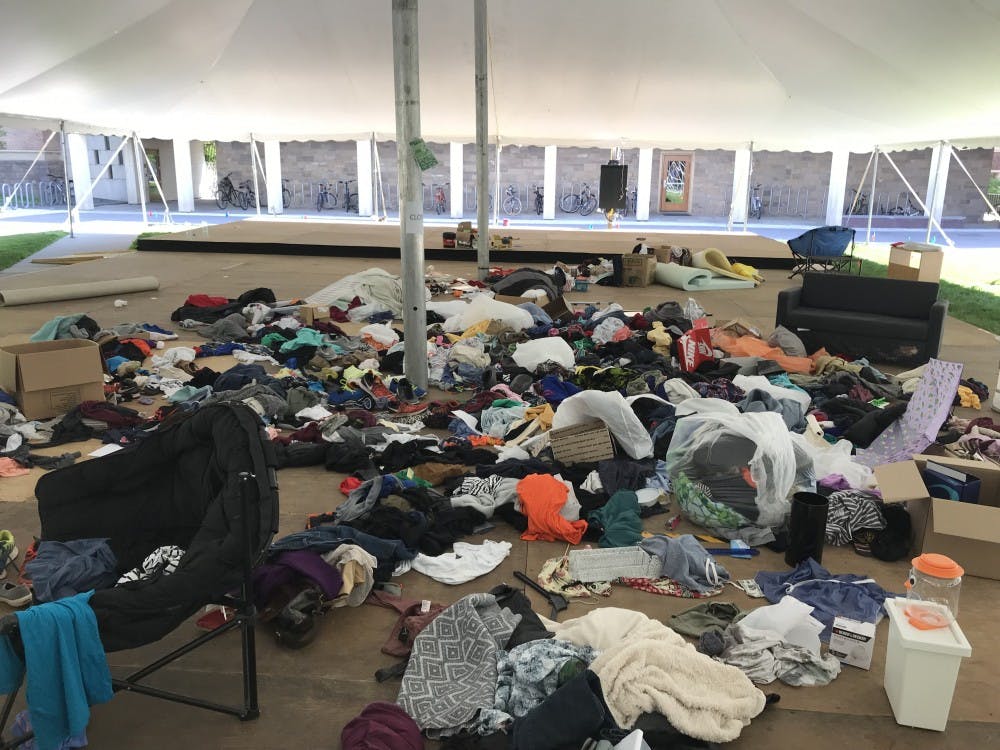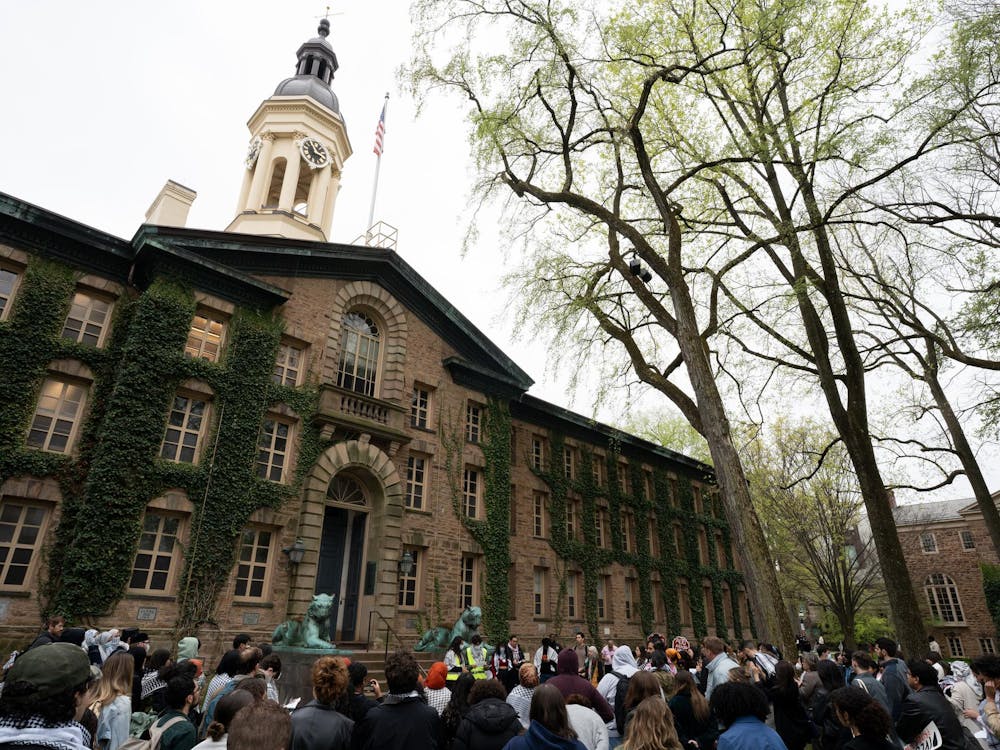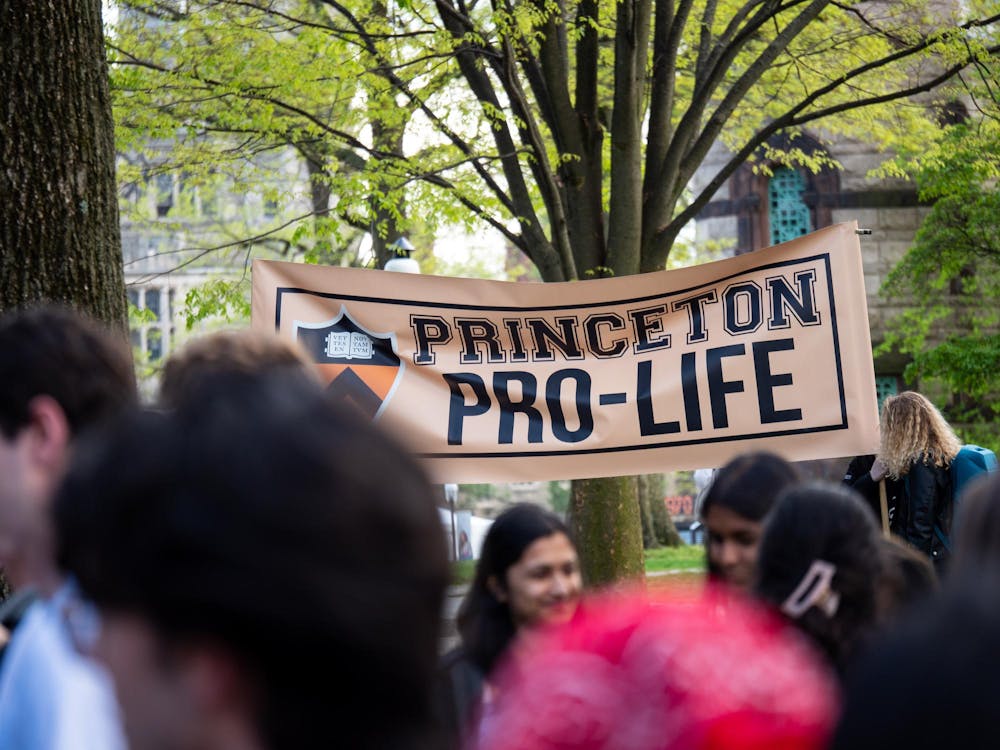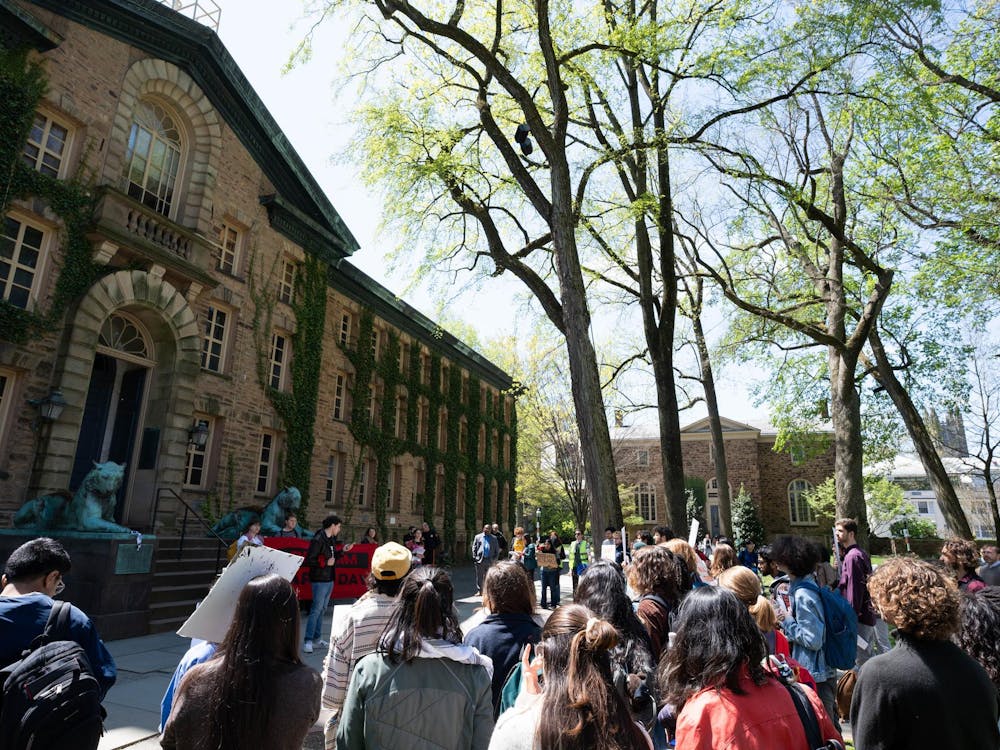The following is a guest contribution and reflects the author’s views alone. For information on how to submit an article to the Opinion Section, click here.
As a global community, we are currently facing a sustainability crisis: fast fashion. Through nationwide impact-focused programs geared towards college students, like the Hult Prize, Princetonians can work to resolve this problem.
The Hult Prize Foundation is a disruptive global leader in social entrepreneurship and youth empowerment for the 21st century. This year’s Hult Prize Challenge is Redesigning Fashion, and it aims to launch an innovative and sustainable social venture in the clothing and fashion industry.
Fast fashion cycles, which center on cheap, mass-produced, and less durable clothes, have come to dominate our shopping habits. Partially fueled by ever-changing social media trends, these cycles come at a steep cost. The fashion industry as a whole is responsible for 8–10 percent of global emissions and is the world’s second-largest industrial consumer of water. With their Conscious Fashion and Lifestyle Network, the United Nations (U.N.) has been actively pushing the fashion industry to “accelerate action” in sustainability efforts to support the achievement of their Sustainable Development Goals by their 2030 deadline.
Though I have long been passionate about sustainable fashion, it was at Princeton that I truly began to create a community centered around inspiring inventive sustainability efforts. Throughout high school, I thrifted and upcycled unique pieces and incorporated them into my style. However, once I came to Princeton, I didn’t have time to undertake these projects, and I transitioned my relationship with fashion to focus on understanding the cycles behind fashion production and how they can become more sustainable beyond my own consumption.
I firmly believe that the key to solving issues of sustainability is not only academic study, but also the development of creativity and innovation. In November 2022, I founded the Fashion Institute of Princeton alongside my best friend, Nadine Allache. Our club aims to create a professional gateway for students to get involved in the fashion industry and explore opportunities embracing inclusivity and sustainability.
At a school like Princeton, we all have the ability to investigate the aforementioned realms, as well as access to resources and support to create meaningful change. The Hult Prize is the perfect opportunity to make this change.
The first program that the Fashion Institute of Princeton is partnering with is the Hult Prize. Upon hearing about the prize from a close friend, I was immediately intrigued: not only does the Hult Prize Foundation emphasize social entrepreneurship and pursuing original inventions, but this year’s focus on fashion and sustainability was a perfect fit for my efforts. I knew I had to apply and bring this challenge to Princeton students, and I am now the 2023 Campus Director for the Hult Prize at Princeton.
Each year, tens of thousands of college and university students from 120+ countries participate in this challenge, and since its inception, participants have represented 2,000+ institutions of higher education. With a $1,000,000 global startup prize as its anchor activity, the Hult Prize has brought impact-focused programs to campuses, all starting with its emblematic OnCampus Program.
The OnCampus Program serves as the first phase of the Hult Prize competition at Princeton University, which will be hosted on campus in late February. The winners of the OnCampus competition will automatically advance to compete in the Hult Prize Summit in Boston and continue on the run for its one-of-a-kind award in seed capital of $1M USD.
Winners of the Hult Prize get the opportunity and resources to create real change. Last year, the 2022 Hult Prize Challenge was “getting the world back to work.” The winner was EcoBana, a social enterprise with an aim to stop plastic manufacturing in sanitary towels and to manufacture biodegradable sanitary pads to end period poverty. Using the concept of green and circular economy to manufacture biodegradable sanitary pads using banana fibers, they aimed to embrace organic and natural solutions. With the cash prize, these young entrepreneurs have been able to continue developing their businesses to reduce the impact of fossil fuels.
The prize presents students with the opportunity to create a for-profit social venture in the fashion/clothing industry. Princeton students have so much opportunity, exposure, and experience, and I know each student here has the ability to change the world. So, why think small?

Ideas must create a positive impact on people and the planet and support the United Nations in meeting its Sustainable Development Goals. We want to emphasize that students’ start-up ideas do not have to be fully developed. Because the OnCampus Competition is the first stage of many, students are encouraged to apply with even the roughest idea. All we ask for is authenticity, creativity, and innovative thinking. Students must submit their pitch through our website and register through the General Application. There is incredible potential for good on this campus; students should put their skills to good use and work to resolve one of the world’s most pressing issues.
Bahia Kazemipour (she/her) is a first-year from Mission Viejo, California, intending to study at the School of Public and International Affairs. She can be reached on Instagram @bahia.kazemipour or by email at bk6409@princeton.edu. OnCampus events, as well as up-to-date information on the competition, can be found on the Hult Prize’s Instagram page (@hultprize) or website, and the 2023 Competitor’s Guidebook can be found here.









